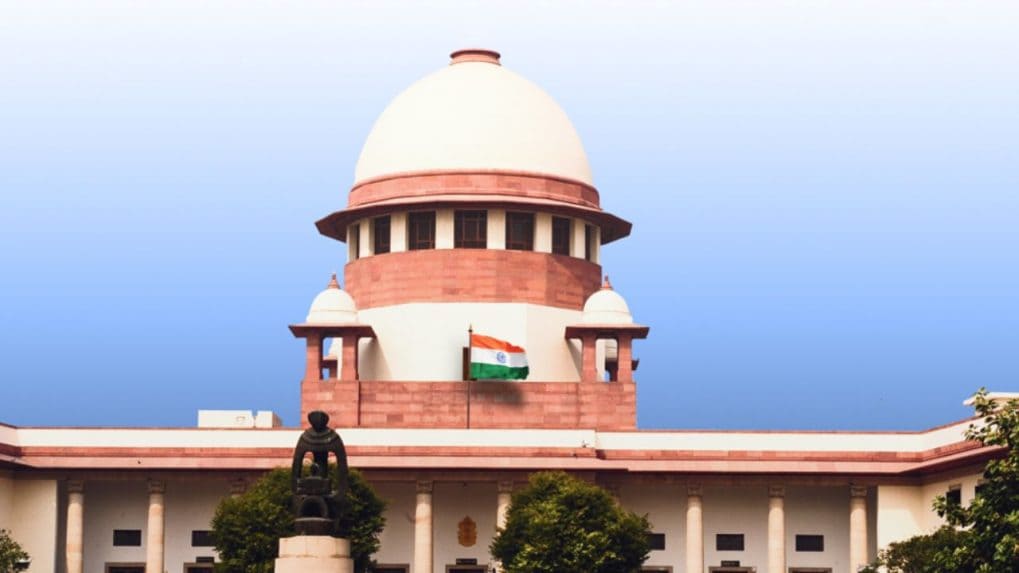Supreme Court upholds dual taxation on broadcasters; liable to pay both service tax and entertainment tax
The Supreme Court has ruled that broadcasters must pay both service tax and entertainment tax, affirming the legislative authority of both Parliament and state governments to levy the dual taxes on distinct aspects of the broadcasting activity.
ADVERTISEMENT
The Supreme Court ruled on May 22 that broadcasters are liable to pay both service tax and entertainment tax for providing television content to subscribers, affirming the legislative competence of both the Union government and state legislatures to levy the respective taxes.
A bench comprising Justices B.V. Nagarathna and N.K. Singh held that while the broadcasting activity constitutes a single service, it encompasses two distinct taxable aspects - service provision and entertainment delivery - each falling under separate constitutional entries.
The ruling clarified that the Parliament, through the Finance Act of 1994 and its subsequent amendments, imposes service tax on the broadcasting service itself, as enabled under Entry 97 of List I (Union List) of the Constitution. Meanwhile, the entertainment component of the activity, categorized as a luxury, is subject to entertainment tax imposed by the states under Entry 62 of List II (State List).
“There is no overlapping in fact or law,” the bench observed, “as different facets of the same activity are being taxed under different entries by separate legislative bodies.”
Justice Nagarathna, authoring the 321-page opinion, elaborated that the act of broadcasting includes both the transmission of signals to subscribers and the reception and decryption of those signals via Set-Top Boxes and viewing cards, equipment provided by the broadcasters. The content thus rendered to viewers constitutes entertainment, and is therefore taxable as a luxury under state law.
“No entertainment can reach the viewer without the broadcaster transmitting signals that carry the performance, film, or program,” the court stated. “The physical means by which entertainment is made accessible, via the apparatus supplied to subscribers, further reinforces the taxable nature of the activity under both regimes.”
The judgment came in response to a batch of appeals from various high courts, with the lead matter being State of Kerala vs. Asianet Satellite Communications Ltd. Broadcasters in these cases had challenged the imposition of entertainment tax by state governments, arguing that their activity was limited to signal transmission and thus subject only to the service tax levied by the central government.
The court, however, rejected this contention and overturned a 2012 decision by the Kerala High Court, which had deemed the state’s tax policy discriminatory. That earlier ruling held that exempting cable operators from luxury tax while taxing direct-to-home (DTH) operators amounted to unequal treatment based solely on differing technologies.
The Supreme Court dismissed the Kerala High Court’s view as “incorrect,” emphasizing that the dual taxation regime does not violate principles of equality or legislative competence.
“The provision of television entertainment through broadcasting is a luxury within the meaning of Entry 62 – List II,” the judgment concluded. “Accordingly, the assessees are liable to pay both service tax under the Finance Act and entertainment tax under the relevant state enactments.”

